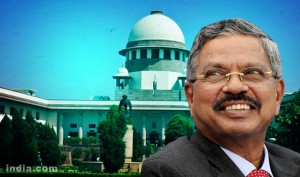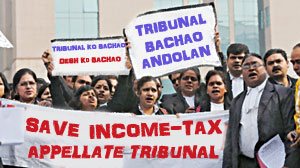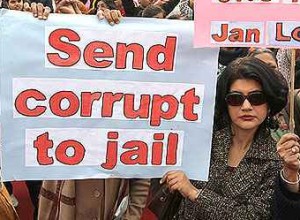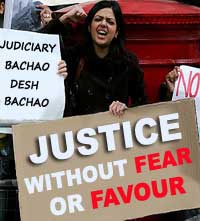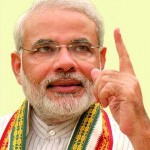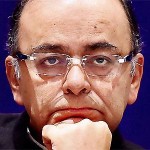
Prime Minister Narendra Modi and Finance Minister Arun Jaitley spare no opportunity to talk about how they intend to usher in a “transparent, stable and predictable” tax regime. However, there is a big disconnect between the high-sounding words and the reality at the ground level. The author has put together a simple and easy-to-follow guide for the law makers to implement if they are really serious about bringing about radical and structural changes to the taxation regime of the Country
The Honourable Prime Minister of India, Shri Narendra Modi, in his address on the eve of Make in India week at Mumbai on 13th Feb, 2016, has promised more economic reforms and a stable tax regime. It is beyond doubt that the Government is making a very sincere attempt to bring about ease of doing business in India, so as attract more investments to India. We hope that the vision of the Honourable Prime Minster of India and the Honourable Finance Minister gets ingrained at the grass root level. Tax professionals highly appreciate the unequivocal steps taken by the Government to bring stability in tax laws and the firm assurance against any retrospective tax amendments. We are of the opinion that for achieving the dream of Honourable Prime Minster and Honourable Finance Minister following suggestions may be considered:
